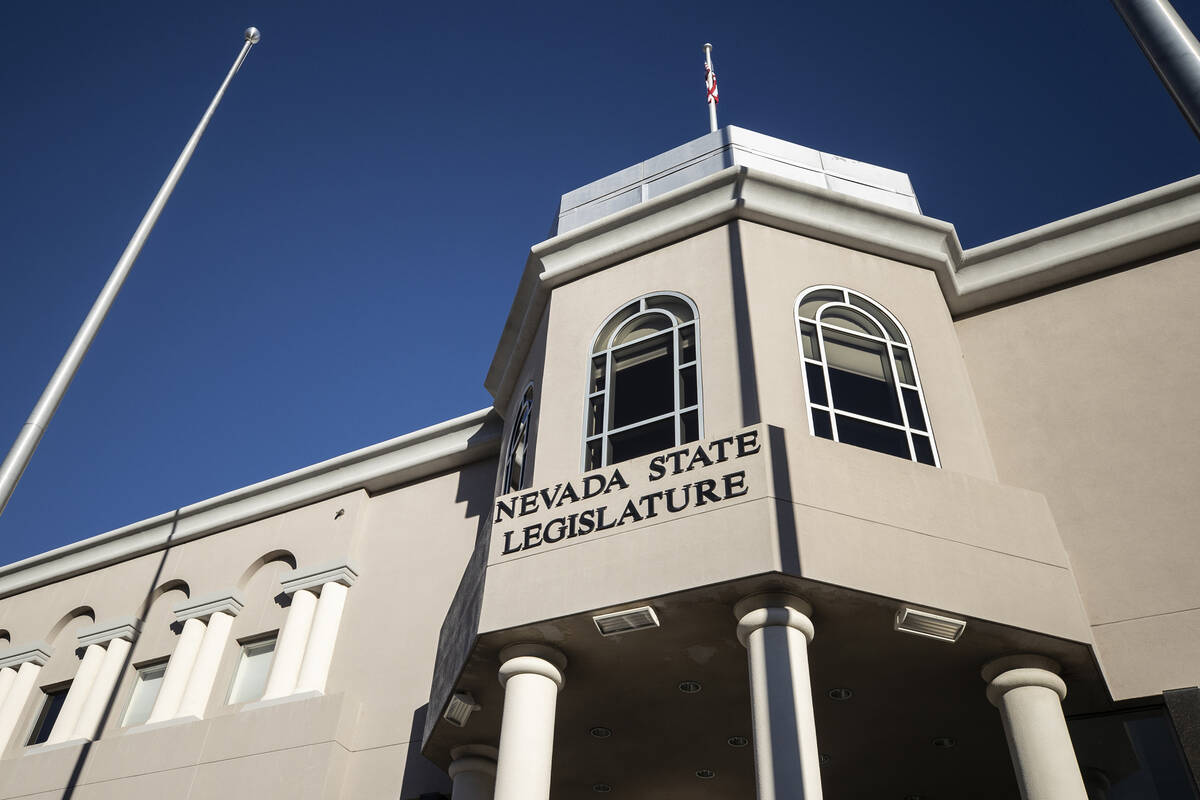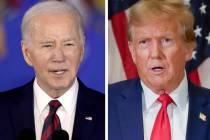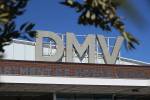5 takeaways from state money managers’ meeting
Nevada students will have another year of free school lunches, and state employees who were furloughed during the pandemic will get reimbursed for that time, the Interim Finance Committee decided Thursday.
Outgoing Gov. Steve Sisolak said in a statement that this year may be one of the most productive years for the committee and “one of the most consequential for Nevada residents.”
“I am deeply grateful to the lawmakers for their diligent work to approve programs I put forward and for the work of State employees to bring forward these spending proposals which will have immediate and lasting effects for Nevadans from housing to food security and so many topics in between,” Sisolak said in the statement.
Here are five key takeaways from the meeting:
1. Free school lunches were approved for another year.
The committee unanimously approved the transfer of $28 million to fund an additional year of universal free school breakfasts and lunches.
School meals have been free in Nevada since the start of the COVID-19 pandemic in March 2020, according to the Department of Agriculture. Before the pandemic, the only meals that were provided for free or at a reduced price were at schools operating the National School Lunch Program for students whose families met eligibility requirements.
Jennifer Ott, Nevada Department of Agriculture director, said there is an increased need for free and reduced school lunches, and Nevada schools worked hard to get as many eligible students to sign up for free and reduced lunches as possible. In the 2022-2023 school year, about 73 percent of students in Nevada qualify for a free or reduced lunch, Ott said.
“We have a lot of children who need this program,” said Sen. Marilyn Dondero Loop, chair of the Interim Finance Committee. “As a teacher for many, many years I’ve watched it happen.”
2. State employees furloughed during the pandemic will be reimbursed.
The committee approved $35 million to reimburse about 14,000 state employees who took a mandatory 48-hour furlough during the COVID-19 pandemic in 2021. The state expects checks to be mailed out some time in January, either the first or second paycheck of the month.
“I don’t see this as a bonus,” Assemblyman Howard Watts said. “I think this is respecting the sacrifice that our state employees have made throughout the last couple of years to help our state and every resident get through the pandemic.”
3. A new college of medicine aims to address the state’s doctor shortage.
Roseman University of Health Services received $10 million for the development of a college of medicine.
Roseman University is a private, nonprofit university in Henderson focused on health care that is launching a college of medicine to alleviate the physician shortage in Nevada, university President Renee Coffman said. The $10 million investment will go toward hiring staff and faculty to support the college of medicine during its startup phase and through its accreditation process.
The college is projected to help the state meet its health care needs, said Dr. Antonina Capurro, deputy administrator with the Division of Health Care Financing and Policy. It will eventually graduate 100 physicians annually and have a $1 billion economic impact.
Nevada is ranked 97th with respect to physicians per 100,000 people and ranked 99th in primary care physicians per 100,000, Coffman said.
“It’s dire,” Coffman said. “Every single county in the state shows some shortage of physicians,” she said.
4. $11 million will go to an affordable housing project in the Historic Westside.
The committee approved $11 million from American Rescue Plan funds for a mixed-use housing project in the historic Westside that will be a “microbusiness park” with 60 affordable housing units for low-income residents as well as retail commercial space, said Terry Reynolds, director of the state Department of Business and Industry.
Clark County is providing $15 million for the project, Reynolds said.
Construction will start in 2024 and take about 20 years to complete, and the committee approved the funding allocation with the caveat that the committee be updated on the project’s progress.
5. Low-income households can get help with payments on their water and wastewater bills.
The Interim Finance Committee approved $3.9 million to go toward the Department of Health and Human Services Division of Welfare and Supportive Services’ energy assistance program.
It is a combined application with the energy assistance program. Officials determine whether or not the applicant is eligible and then send the money to the water or sewer provider that works with the department, said Maria Wortman-Meshberger, chief of the department’s employment and support services.
Information about the program and how to apply is on the Division of Welfare and Supportive Services’ website.
Contact Jessica Hill at jehill@reviewjournal.com. Follow @jess_hillyeah on Twitter.





























